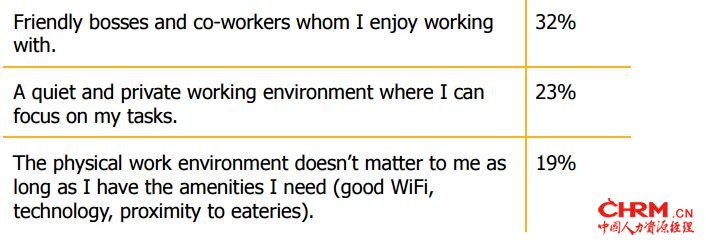Who Gets 401k Loan Interest? Understanding the Benefits and Implications of Borrowing from Your Retirement Savings
#### Who Gets 401k Loan InterestWhen it comes to retirement planning, many individuals find themselves exploring various options to secure their financial f……
#### Who Gets 401k Loan Interest
When it comes to retirement planning, many individuals find themselves exploring various options to secure their financial future. One such option is the 401(k) loan, which allows participants to borrow against their retirement savings. However, a common question arises: **who gets 401k loan interest**? This article delves into the details of 401(k) loans, including who benefits from the interest paid on these loans and what implications they carry for your retirement savings.
#### Understanding 401(k) Loans
A 401(k) loan is a provision that allows you to borrow money from your own retirement account, typically up to 50% of your vested balance or $50,000, whichever is less. This can be an appealing option for those facing financial hardships or needing funds for significant expenses, such as purchasing a home or paying for education. However, it's essential to understand the mechanics of how these loans work and the implications they have on your retirement savings.
When you take out a 401(k) loan, you are required to pay interest on the amount borrowed. The interest rate is usually set at a percentage above the prime rate, and the payments are made back into your own 401(k) account. This raises an important question: **who gets 401k loan interest**? The answer is straightforward—**you do**. The interest you pay on the loan goes back into your retirement account, effectively allowing you to pay yourself back.
However, while you are technically "earning" this interest, there are several factors to consider:
1. **Opportunity Cost**: The money you borrow from your 401(k) is no longer invested in the market, which means you may miss out on potential gains. The stock market historically delivers higher returns than the interest you pay on a 401(k) loan, which could impact your long-term retirement savings.

2. **Repayment Terms**: Typically, 401(k) loans must be repaid within five years, although this period may be extended if the loan is used to purchase a primary residence. If you leave your job before repaying the loan, you may be required to repay the entire balance or face tax penalties.
3. **Tax Implications**: If you fail to repay the loan, the remaining balance may be considered a distribution, subjecting you to income tax and potentially an early withdrawal penalty if you are under 59½.
#### The Pros and Cons of 401(k) Loans
Before deciding to take out a 401(k) loan, it's crucial to weigh the pros and cons:
**Pros**:

- Access to funds without a credit check.
- Interest payments go back into your account.
- Flexible repayment terms.
**Cons**:
- Potential for reduced retirement savings due to lost investment opportunities.

- Risk of penalties if you cannot repay the loan.
- Possible tax implications if the loan is not repaid.
#### Conclusion
In conclusion, understanding **who gets 401k loan interest** is vital for anyone considering borrowing from their retirement savings. While the interest paid on a 401(k) loan returns to your account, the potential drawbacks, including opportunity costs and tax implications, must be carefully considered. Before proceeding with a 401(k) loan, it may be beneficial to explore other financial options and consult with a financial advisor to ensure that you are making the best decision for your long-term financial health.